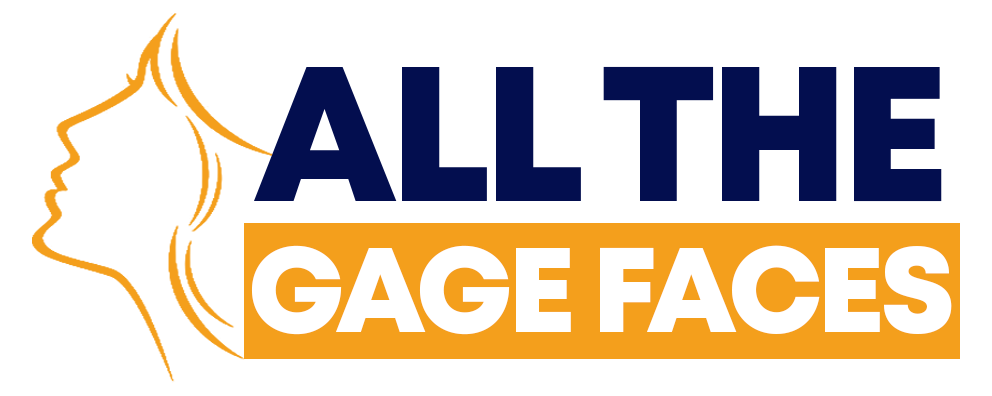When it comes to building a new home, there are several important inspections that need to be conducted throughout the construction process. One such inspection is the pre-drywall inspection, which is carried out before the installation of drywall. This inspection is crucial as it allows for the identification of any potential issues or defects that may be hidden once the walls are in place. However, homeowners often wonder about the cost of a pre-drywall inspection and whether it is worth the investment. In this article, we will delve into the topic of pre-drywall inspection costs, exploring the factors that influence pricing and the benefits of this inspection.
Factors Influencing Pre-Drywall Inspection Costs
The cost of a pre-drywall inspection can vary depending on several factors. One significant factor is the size of the home. Larger homes typically require more time and effort to inspect thoroughly, which can result in higher inspection costs . Additionally, the location of the home can also impact the cost. Different regions may have varying price ranges for inspection services, so it is essential to consider the local market when estimating costs
Another factor that influences pre-drywall inspection costs is the company or inspector hired for the job. Different service providers may have varying pricing structures based on their expertise and reputation. It is crucial to research and compare multiple inspectors to ensure you are getting a fair price for the service .
The Cost of Pre-Drywall Inspections
On average, a pre-drywall inspection can cost between $100 and $300 . However, it is important to note that this is just an estimate, and the final cost may vary depending on the factors mentioned above. The size and value of the home play a significant role in determining the inspection cost . Larger and more valuable homes typically require more extensive inspections, which can result in higher costs.
While the cost of a pre-drywall inspection may seem like an additional expense, it is crucial to consider the potential benefits it offers. This inspection has the potential to catch serious issues before the walls are installed, giving homeowners the opportunity to address them early on and avoid future headaches. Identifying and rectifying problems at this stage can save homeowners significant time, money, and stress in the long run.
What Is Inspected During a Pre-Drywall Inspection?
During a pre-drywall inspection, several key components of the home are thoroughly examined. These include the foundation, framing, floors, walls, electrical system, plumbing, roof, HVAC system, waterproofing, wall studs, and crawlspace. By inspecting these elements before the installation of drywall, any potential issues or defects can be identified and addressed promptly.
The foundation is inspected to ensure it is structurally sound and free from any cracks or damage that could compromise the stability of the home. The framing is examined to verify that it meets building code requirements and is properly aligned. Floors and walls are checked for any signs of moisture intrusion or structural issues.
The electrical system is inspected to ensure it is properly installed and functioning safely. Plumbing is examined for leaks or improper installation that could lead to water damage or plumbing issues in the future. The roof is inspected for any signs of damage or potential leaks. The HVAC system is assessed to ensure it is properly installed and functioning efficiently.
Waterproofing is a critical aspect of a pre-drywall inspection, as it helps prevent water intrusion and potential mold growth. Wall studs are checked for proper spacing and alignment. Lastly, the crawlspace is inspected for any signs of moisture or structural issues that could impact the overall integrity of the home.
Conclusion
A pre-drywall inspection is an essential step in the construction process of a new home. While the cost of this inspection can vary depending on factors such as home size, location, and the inspector hired, it is a worthwhile investment. By identifying and addressing potential issues before the installation of drywall, homeowners can save themselves from future headaches and costly repairs. The thorough examination of key components during a pre-drywall inspection ensures that the home is built to the highest standards of quality and safety.

